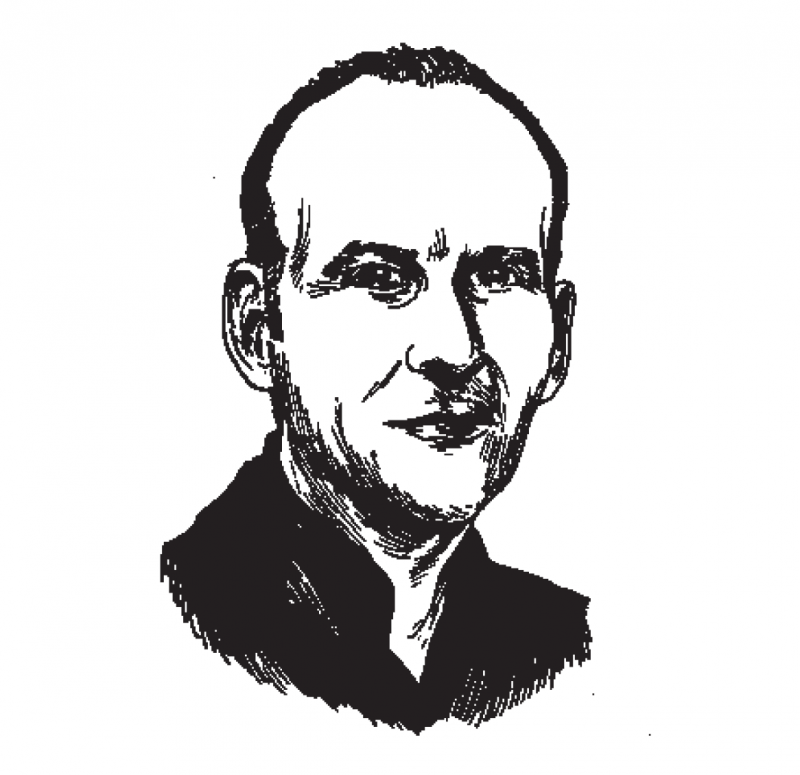What is the meaning of life? Isn’t that the question that philosophy is supposed to answer? Maybe, maybe not. But philosophy can help us talk about how we get ourselves into situations of “meaning” and “meaninglessness.” Against the threat of meaningless existence offered by a nihilistic worldview—an attitude that declares finding meaning in this world to be impossible—philosopher Simon Critchley propounds a theory of what is common: “the acceptance of meaninglessness as the achievement of the everyday or the ordinary.” Accepting that meaning can’t be offered to us from on high, but rather that we have to make it for ourselves, points the way out of nihilism’s trap. As Critchley will demonstrate, this is very much related to questions of ethics, and “the good,” in a secular society.
This interview was conducted at various times and places and via various media between March and June 2003. Media included email, cassette tape, barely decipherable handwriting, and good old face-to-face conversation. Questions were answered in and from places including New York, San Francisco, and diverse locales all over Europe where Critchley seems to be relentlessly traveling. Oh, and Iceland. Times included 1:19 a.m., 3:54 p.m., 2:33 a.m., and my favorite, 11:11 PST. Simon Critchley is a professor of philosophy at the University of Essex in England, and directeur de programme at the College International de Philosophie in Paris. In January 2004 he will join the graduate faculty of the New School University in New York. When it comes to punctuation he is very fond of ellipses. He is the author of five books, most recently On Humour (Routledge, 2002).
—Jill Stauffer
JILL STAUFFER: You have said that philosophy begins in disappointment. What does that mean for philosophers, for human beings, for philosophy?
SIMON CRITCHLEY: There are lots of stories about how philosophy begins. Some people claim it begins in wonder; some people claim it begins in worry. I claim it begins in disappointment. And there are two forms of disappointment that interest me: religious and political disappointment. Religious disappointment flows from the realization that religious belief is not an option for us. Political disappointment flows from the fact that there is injustice—that we live in a world that is radically unjust and violent, where might seems to equal right, where the poor are exploited by the rich, etc. So for me philosophy begins with these experiences of disappointment: a disappointment at the level of what I would think of as “meaning,” namely that, given that there is no God, what is the meaning of life? And, given that we live in an unjust world, how are we to bring about justice?
JS: I suspect that you will encounter...
You have reached your article limit
Sign up for a digital subscription and continue reading all new issues, plus our entire archives, for just $1.50/month.
Already a subscriber? Sign in





